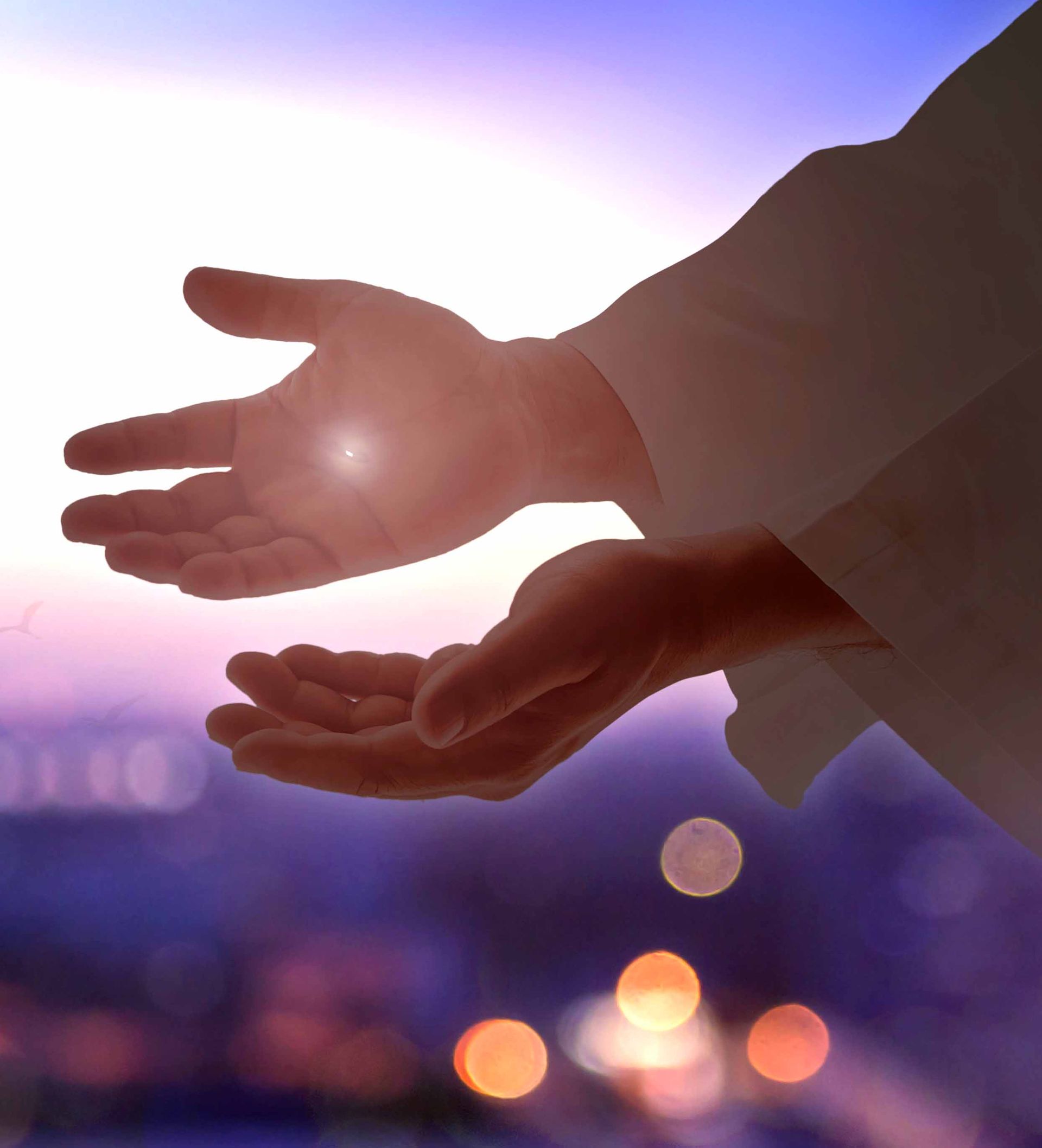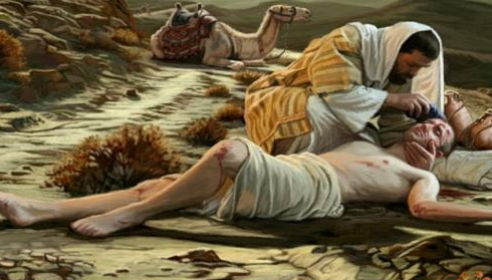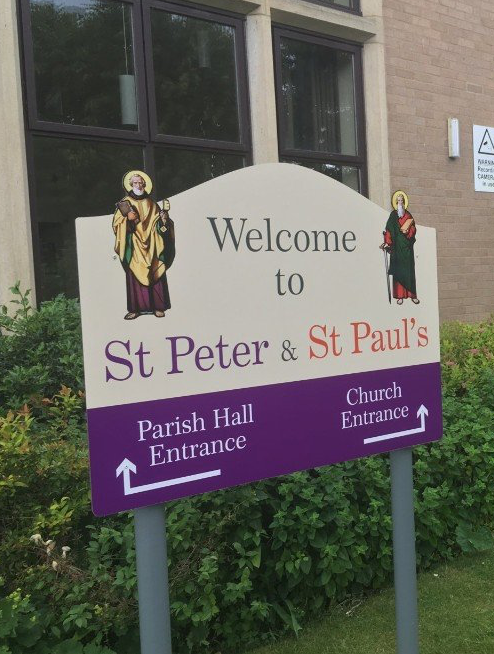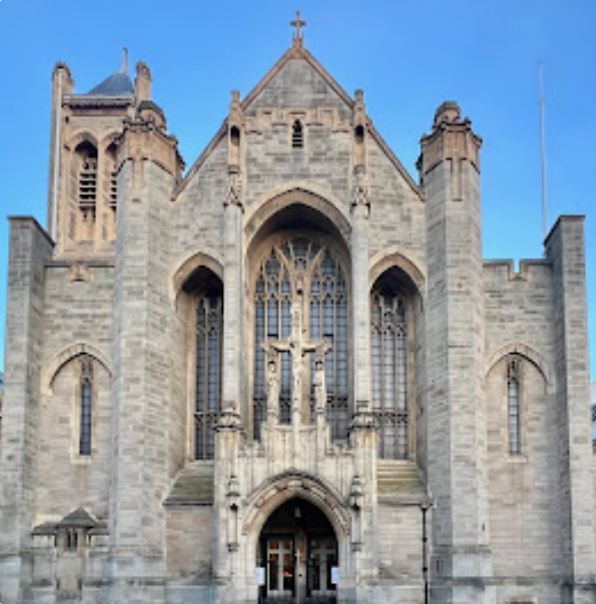Why Faith Feels Like Doubt and Darkness
God is ineffable. This is a truth that’s universally accepted as dogma among all Christians and within all the great religions of the world. What does it mean?
In essence, it means that God is beyond us, not like us, but in an utterly different sphere. More especially, it means that God cannot ever be captured in thought, imagination, or word. Any concepts, images, or words we have about God are inadequate at best and idolatrous at worst. God is always beyond what we can think, speak about, or imagine.
But we do have thoughts, images, and words about God and many of these are given to us in scripture. What’s to be made of our traditional biblical and theological images of God? Aren’t they accurate and adequate? In a word, no, they aren’t. To paraphrase Annie Dillard, the concepts and language about God that are given us in scripture and church tradition are simply words that we have permission to use without being struck dead for idolatry. We should never pretend they are accurate and adequate; scripture itself makes that clear. Not understanding this confuses our notion of faith and doubt.
Because we do not existentially grasp and accept that God is ineffable, we generally confuse faith with imagination. Simply put, because we think God can be imagined and conceptualized, we feel that we have faith precisely to the extent that we can imagine God’s existence and God’s person. Conversely, we feel we are in doubt and agnostic when we cannot imagine these. And so we naively identify faith with the capacity to create the right imaginative fantasies and feelings about God, and vice versa.
But, since God is ineffable, we can never imagine either God existence or God’s person. This is an impossible task, by definition. We have only finite concepts within which to try to capture infinity and thus all our human faculties are incapable of conceptualizing God, tantamount to trying to think of the highest number to which it is possible to count.
Does this mean then that faith opposes human reason? No. Faith doesn’t negate human reason, it simply dwarfs it, akin to the way the most sophisticated formulae within contemporary astrophysics dwarf elementary arithmetic and the way the blinding light of a noonday sun dwarfs the paltry light of a candle. Moreover, though helpful, even these analogies limp and are inaccurate. God’s existence and person may not be imagined as that of some supreme Super-person, someone like us, except supremely greater. To imagine God in this way still puts God into the realm of the finite, a creature still, even if Super-supreme, imaginable, able to be conceptualized, not ineffable, a number we can still count to. God, though, is not a reality that can be counted. God’s existence and person can never be conceptualized.
Moreover, this is true as well for our understanding of God’s love. It too is beyond our imagination and capacity to conceptualize. Our universe, though finite, is so vast and prodigious that our imaginations already run out of room in their efforts simply to picture the finite world. Beyond this, just on this one planet, earth, we have billions upon billions of persons, each of which has a heart and meaning that is individually precious. How can we imagine a God who somehow knows and loves this all intimately? We can’t! Our minds and our hearts simply don’t stretch that far; though they do stretch far enough to ask: Why wouldn’t an infinite God create so an unimaginatively huge a universe and so many billions and billions of people to love and share in this creation? And why would an infinite God suddenly say (after we have been born): “That’s enough! I now have as many people as I want!”
God befuddles the mind, the heart, and the imagination. It cannot be otherwise. Any God who could be understood would not be God. God is not a supreme Superman, like us, only bigger, stronger, and more powerful. The infinite, precisely because it is infinite, cannot be circumscribed and grasped, either in its existence, its person, or its capacity to love. We can know the infinite, but we cannot think the infinite.
Because of this, at some point in our lives, faith will feel like darkness, belief like unbelief, and God’s person and existence will feel like nothing, emptiness, non-existence, nada. Our minds and hearts will, at that point, come up dry and empty when they try to imagine or feel God, not because God doesn’t exist or is less present than the physical world, but because God is so massively present, so real, so above all other lights, that God’s reality will dwarf everything to the point to where it gives the impression that it itself doesn’t exist
In faith, God is known this way: As a light so bright that it’s perceived as darkness, as a love so universal that it’s perceived as indifference, and as a reality so real that it’s perceived as nothing.











